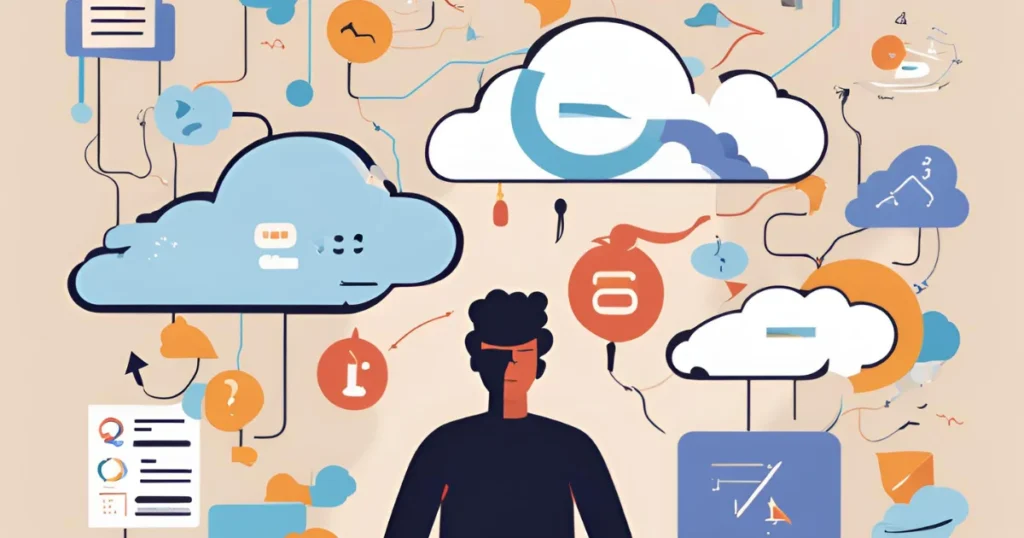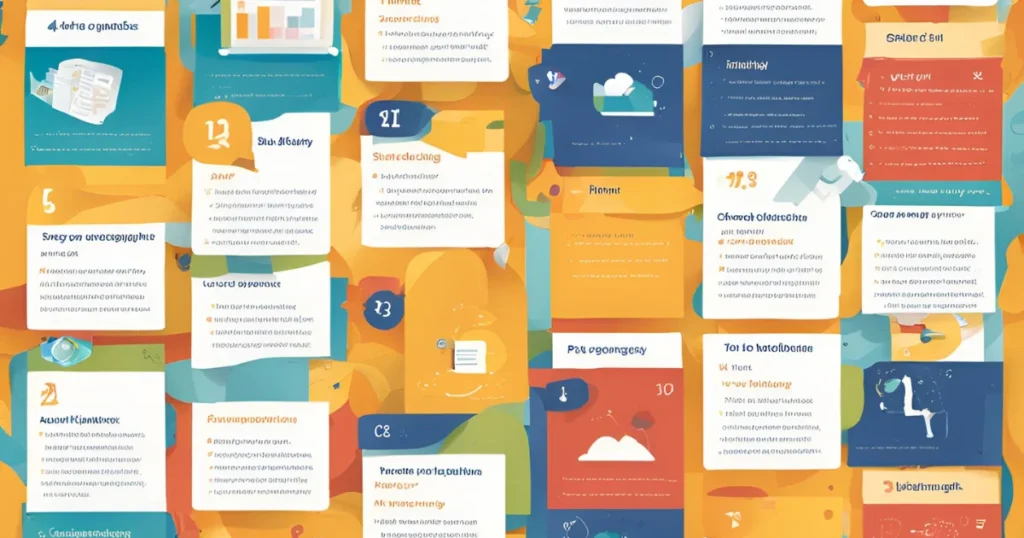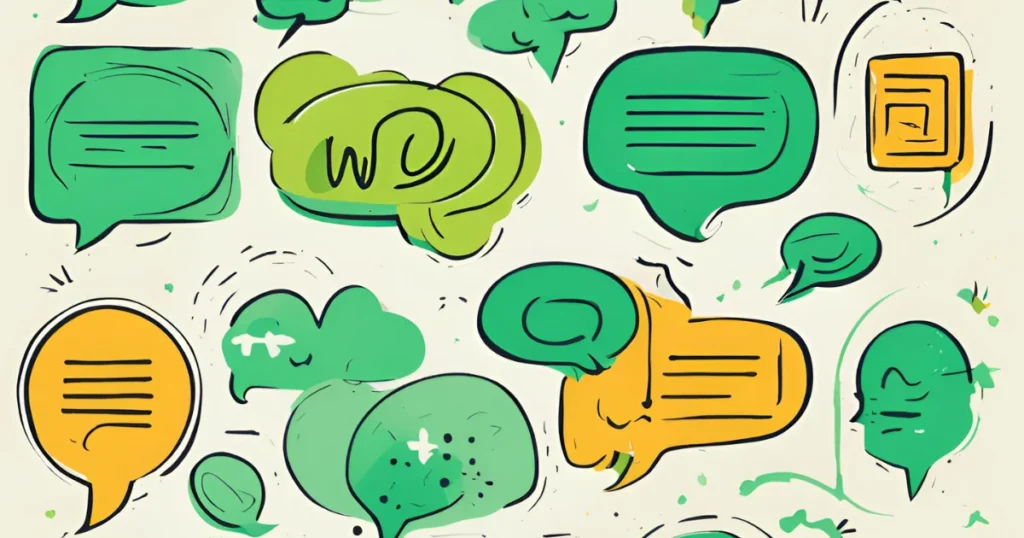Suppose you’re wondering how to improve your English speaking skills using ChatGPT.
In that case, the answer is simple: Leverage ChatGPT as your personal AI language coach to simulate conversations, expand your vocabulary, and receive feedback on grammar and pronunciation.
With its ability to engage in real-time dialogue and offer consistent practice, ChatGPT can help you overcome the most common challenges in language learning.

In this article, you’ll know exactly how to use ChatGPT to enhance your fluency, improve your confidence, and even make learning fun.
Why AI-Powered Tools Like ChatGPT Are Ideal for Language Learning
AI-driven tools are transforming language learning, and ChatGPT is at the forefront. Traditional methods often require a teacher, a speaking partner, or expensive language apps. But with ChatGPT, you can simulate conversations anytime, anywhere. This accessibility makes it easy to practice and learn at your own pace.
Key reasons why ChatGPT excels as a language-learning tool include:
- Real-time feedback: You can immediately see where you need to improve, whether it’s vocabulary, grammar, or sentence structure.
- Constant availability: No more waiting for a tutor or conversation partner—ChatGPT is always ready to engage with you.
- Personalization: Unlike generic apps, you can tailor ChatGPT to focus on your specific needs, whether casual conversation or business English.
Key Features of ChatGPT That Enhance English Speaking Skills
When it comes to improving your speaking skills, ChatGPT offers several powerful features:
- Simulating Real Conversations: You can engage in natural, back-and-forth dialogues that mimic everyday conversations, helping you to become comfortable with sentence structures and word flow.
- Vocabulary Expansion: ChatGPT can introduce you to new words, idiomatic expressions, and even contextual slang that helps you sound more natural.
- Pronunciation Practice: While ChatGPT doesn’t have audio output, you can pair it with text-to-speech tools to improve your pronunciation by speaking out responses and getting feedback on how your sentences are constructed.
- Personalized Learning: ChatGPT adapts to your skill level, allowing you to work on specific areas like grammar, vocabulary, or pronunciation.
Step-by-Step Guide: How to Use ChatGPT to Improve Your Speaking Skills
- Setting up for success: Start by structuring your prompts for practice. Example: “ChatGPT, engage me in a casual conversation about travel.” This helps you get into the flow of speaking English naturally.
- Focus on conversational flow: Ask ChatGPT to correct your mistakes as you speak. Example: “Correct my grammar, and suggest better ways to phrase my sentences.” This will help you refine your responses and sound more natural.
- Ask for explanations: Whenever you encounter a new word or phrase, ask ChatGPT for a definition or explanation. This helps deepen your understanding. Example: “What does ‘on the fence’ mean in this context?”
- Use role-playing exercises: Create scenarios where you must speak English in specific contexts. Example: “Let’s pretend I’m at a restaurant. I’ll order food, and you respond as a waiter.” This helps you practice for real-life situations.
- Review and reflect: At the end of each session, ask ChatGPT for a summary of what you did well and areas to improve. Example: “Can you summarize my strengths and weaknesses from this conversation?”
Tips for Maximizing the Benefits of ChatGPT in Your English Practice
To get the most out of ChatGPT, here are some pro tips:
- Practice consistently: Even 10-15 minutes of daily conversations will dramatically improve your fluency. ChatGPT makes this easy by being available 24/7.
- Use ChatGPT with other tools: Combine ChatGPT with pronunciation apps or language exchange platforms for a well-rounded practice routine.
- Create a custom learning path: Ask ChatGPT to generate a study plan. Example: “Help me create a 30-day plan to improve my business English.”
- Set goals and track progress: Regularly check your progress by revisiting old conversations or practising similar scenarios.

Common Challenges and How ChatGPT Helps Overcome Them
Lack of Speaking Partners: One of the biggest hurdles to practising speaking is finding someone to converse with. ChatGPT solves this by being your always-on conversation partner.
Fear of Making Mistakes: Speaking in a new language can be nerve-wracking. With ChatGPT, you have a judgment-free zone, allowing you to make mistakes, correct them, and grow.
Staying Motivated: ChatGPT keeps you engaged with new conversation topics, role-playing scenarios, and instant feedback, making it easier to stay motivated and consistent.

Success Stories: How Learners Have Used ChatGPT to Improve English Speaking
Many learners have turned to ChatGPT for their English practice, and the results have been excellent. Here’s a typical success story:
Case Study: Mark, a non-native English speaker working in the corporate world, used ChatGPT for daily conversation practice to improve his business English. Mark gained confidence in his speaking ability by simulating job interviews, meetings, and presentations with ChatGPT, leading to a promotion.
This is just one example of how real-world use cases showcase the effectiveness of ChatGPT for language learning.

Limitations of Using ChatGPT for English-Speaking
While ChatGPT is a powerful tool for learning, it does have limitations:
- No voice output: ChatGPT doesn’t yet provide audio feedback, so pairing it with text-to-speech apps for pronunciation practice is essential.
- Contextual gaps: While ChatGPT can mimic conversations, it may sometimes lack the deeper cultural or emotional context a native speaker might offer.
- Human touch: ChatGPT can’t fully replace interaction with native speakers or certified language teachers for nuanced feedback.
Despite these limitations, ChatGPT remains a valuable tool in your language-learning arsenal.
Conclusion
By now, you’ve seen how ChatGPT can be your personal AI tutor to help you improve your English speaking skills. ChatGPT offers everything you need to practice and refine your language abilities, from real-time conversations to personalized learning plans. Start integrating ChatGPT into your daily routine for conversations, vocabulary building, and grammar correction, and watch your fluency grow!






